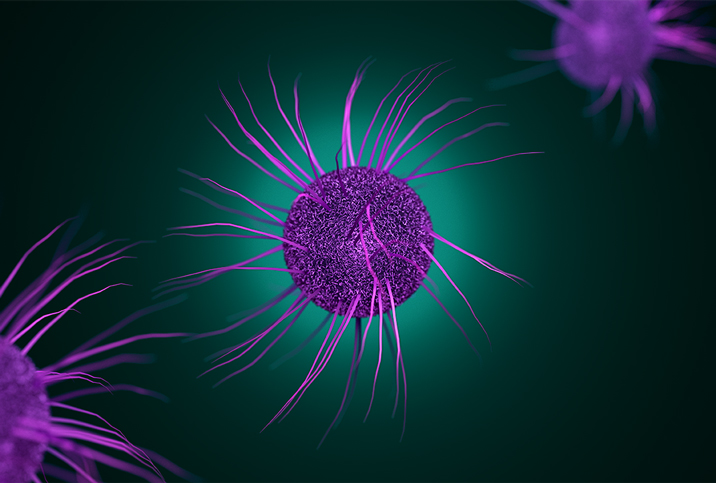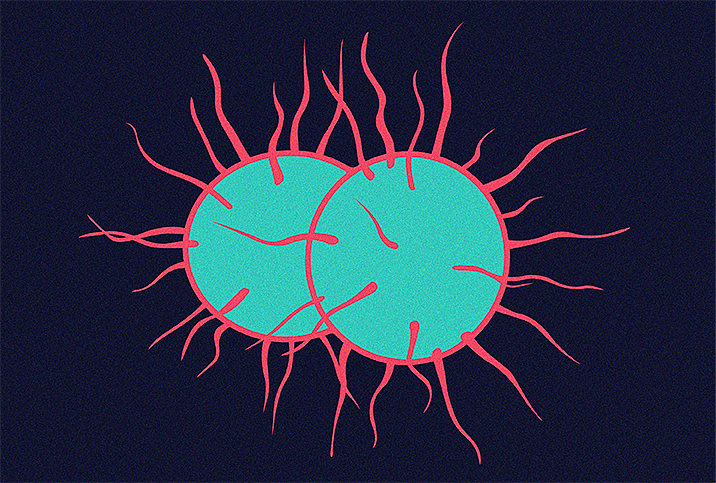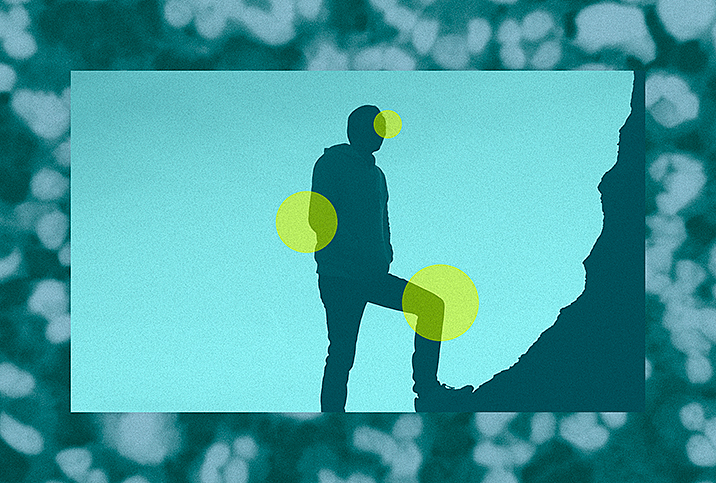Gonorrhea Can Cause Infertility in Women and Men

Gonorrhea is a bacterial infection that is transmitted to the penis, vagina, anus or mouth during sexual intercourse. The sexually transmitted disease (STD) is caused by the bacteria Neisseria gonorrhoeae and is fairly common: it infected approximately 1.6 million people in 2018, according to the latest data from the Centers for Disease Control and Prevention (CDC). The infection is usually cured with antibiotics, though gonorrhea has shown it can mutate into drug-resistant strains.
Gonorrhea that goes undetected, like many other STDs and sexually transmitted infections (STIs), becomes increasingly dangerous to the health of both men and women. Untreated gonorrhea impacts the immune system and increases the likelihood of contracting serious infections or even HIV, the virus that can lead to AIDS. Gonorrhea can also spread to other parts of the body through the blood, causing muscle and joint pain, rashes and skin sores.
Most commonly, though, advanced gonorrhea causes infertility in both men and women. Read on to find out how and why it happens, and how to prevent it from happening to you.
Symptoms
Gonorrhea symptoms for men and women can include painful urination and a pus-like discharge from the penis or vagina. Women may also experience abdominal and/or pelvic pain and vaginal bleeding between periods.
However, like many other STDs, gonorrhea can be asymptomatic; in fact, the CDC reports that most men and women will experience no symptoms. For this reason, it is important to get tested yearly, or more often if you are having sex with multiple partners.
Infertility in men
Usually, when the topic of infertility comes up, the focus is on female reproduction. But gonorrhea, like chlamydia, can cause infertility in men, too. A gonorrhea infection left untreated can cause swelling of the epididymis, the coiled tube located in the base of the testicles. This makes it more difficult for sperm to move out of the testicles and fertilize an egg.
The condition caused by this swelling is called epididymitis, and it is most common in males ages 14 to 35. Epididymitis is not always the result of an STI or STD, but with serious infections like gonorrhea, it is common. Symptoms include pain, a pus-like discharge from the penis, blood in the urine, fever, chills and lumps. Fortunately, epididymitis can be cured with antibiotics, which will kill the infection and eliminate the swelling.
Infertility in women
Like chlamydia, untreated gonorrhea can cause pelvic inflammatory disease (PID), which can lead to scar tissue on the fallopian tubes. Given this serious consequence, regular testing is vital to detect gonorrhea immediately. Otherwise, this damage to the fallopian tubes might make it difficult for eggs to receive proper fertilization. According to the CDC, approximately 12 percent of women who have had PID become infertile, and the rates climb with each successive episode of PID.
Because PID creates scar tissue, it also increases the risk of ectopic pregnancies, which occur when a fertilized egg's trajectory to the womb is obstructed by scar tissue, causing the egg to begin its growth inside the fallopian tube rather than in the uterus. As a result, a pregnant woman's fallopian tube can burst and cause life-threatening hemorrhaging. Pelvic inflammatory disease and ectopic pregnancies both lead to more scar tissue in the fallopian tubes, making conception in the future increasingly difficult.
Unfortunately, while epididymitis caused by gonorrhea can usually be treated and a man's fertility restored, it's not always that easy for women. While PID can be treated if discovered early, it can cause irreparable damage to the fallopian tubes.
Knowing that gonorrhea can often show no symptoms but can be resolved with easy and effective treatments should be motivation for people to get tested regularly. That simple yearly test can prevent a struggle with infertility farther down the road.


















